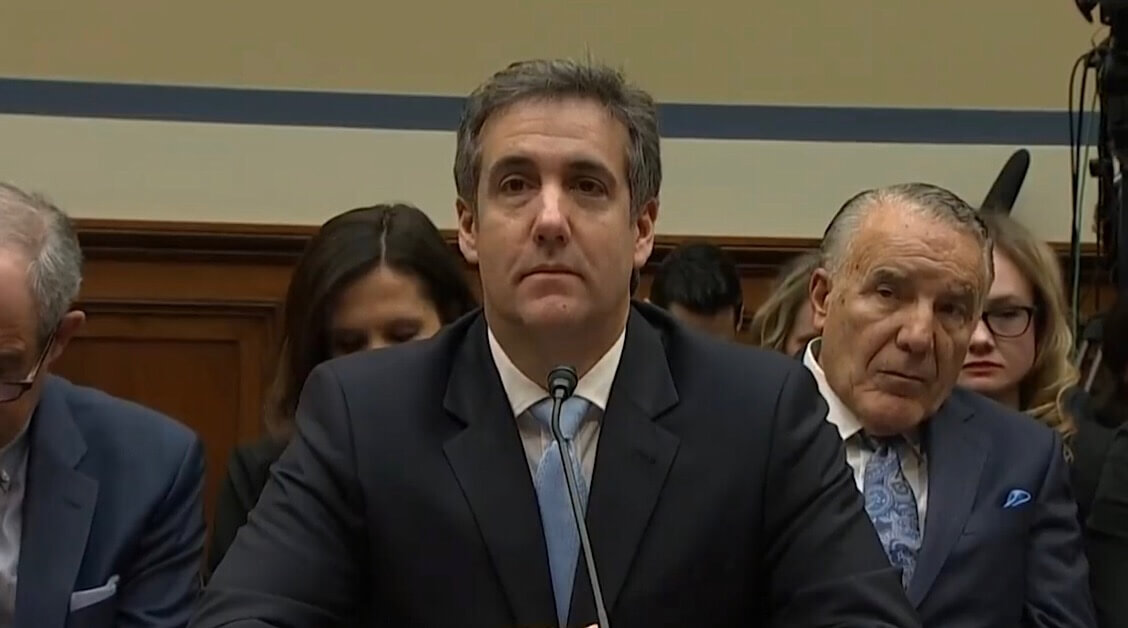Newly released warrant documents related to the investigation of President Donald Trump’s former attorney Michael Cohen have revealed that Google was forced to hand over Cohen’s emails, attachments, address book, and files that he had stored in Google Drive.
According to the documents, investigators obtained a search warrant for Cohen’s Gmail account in February 2018. Google then handed over documents that were stored on its U.S. servers but refused to turn over data that was stored on servers outside of the U.S.
A month later, President Trump signed the CLOUD (Clarifying Overseas Use of Data) Act into law. Under this law, U.S. law enforcement agencies were given the power to compel service providers such as Google to hand over a user’s content and metadata, even if it’s stored in a foreign country.
With these new powers granted by the CLOUD Act, federal prosecutors asked for a new warrant in April 2018 to retrieve the materials which Google had originally refused to provide. This new warrant was granted and Google complied by handing over the rest of Cohen’s files which were stored on foreign servers. These files included his emails, attachments, address book, and Google Drive files.
As society increasingly relies on cloud-based accounts and services such as Google, this serves as a sobering reminder that nothing you store in the cloud is safe from third-party snooping unless it’s end-to-end encrypted. Even with end-to-end encryption, you need to be using open source encryption and holding the encryption keys to fully protect your documents from third-party access.
If you’re worried about your communications, documents, or anything else you store in the cloud being given to third parties, start moving towards end-to-end encrypted solutions today.
End-to-end encrypted cloud storage allows you to access your files on multiple devices while keeping them private and secure. End-to-end encrypted email or messaging allows you to communicate in a private and secure way. Many of the end-to-end encrypted email providers also include an encrypted contacts manager too which means no one but you has to your contacts list.













